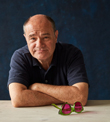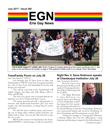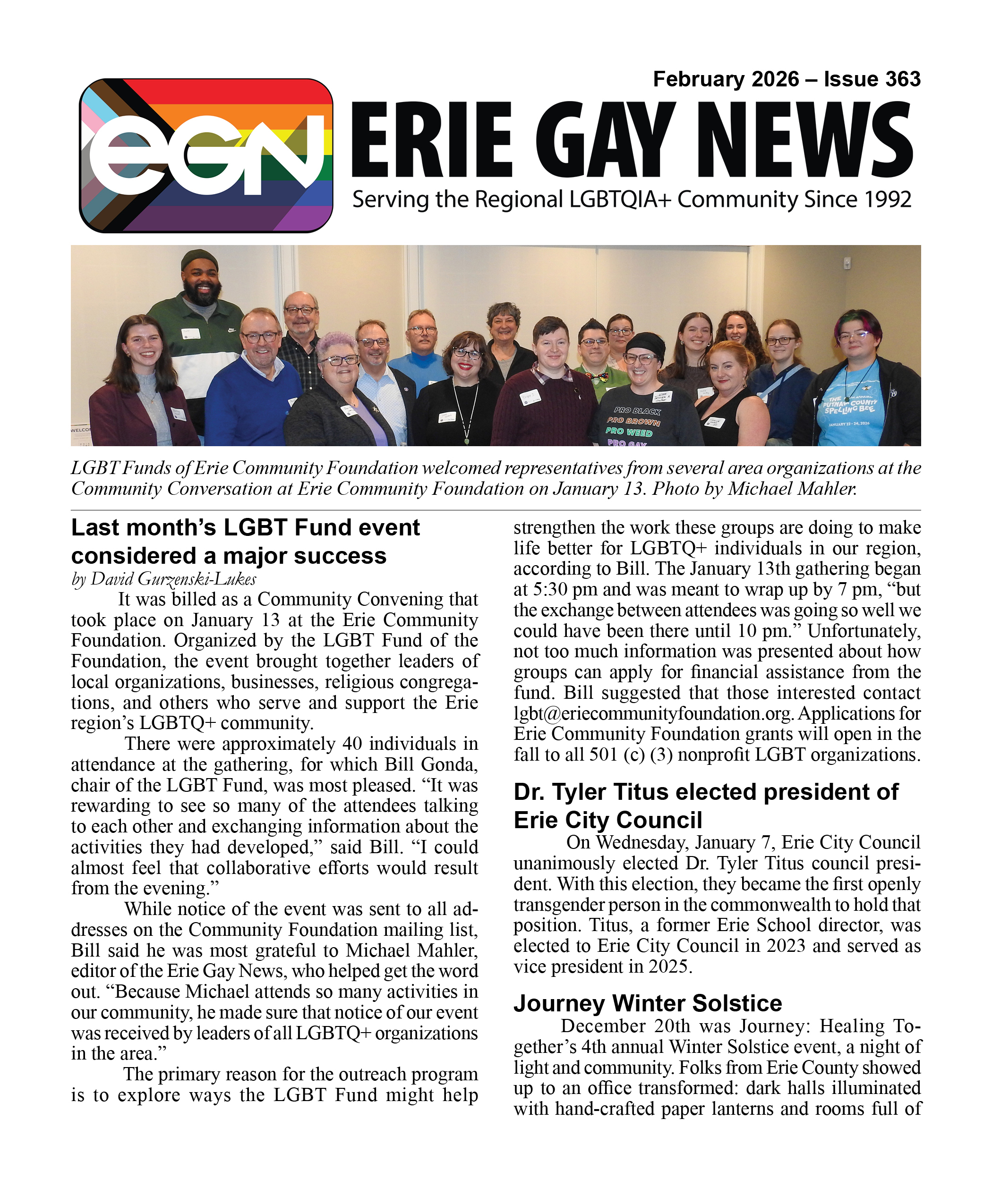My take on this year's Gay Pride controversies
From Philadelphia Gay News: Pride is very special to me, since I helped in the first Gay Pride march in 1970. At that time it was not a "Gay Pride" march, but rather a march to show - using today's terms - our resistance to society's portrayal of us. It was also a celebration of what we created in the year since the Stonewall Riots. But mostly, it was a statement that we no longer would be in the closet. We were out loud and in your face!
Craig Rodwell was the inspiration for Pride. The name for that first revolutionary event was Christopher Street Gay Liberation Day March and Gay In. It later was shortened to Gay Pride and various other names around the world. But its first incarnation was as a march, not a parade. It had no corporate sponsors and it was all about inclusivity and welcoming the entire diversity of our community. It was, to this day, the most unifying moment of this community of ours.
That's not to say that we were at that time, like today, in agreement across the community. During meetings to create the march, there were discussions on whether certain segments of our community should be allowed to join in. It was the spirit and leadership of Rodwell who understood that, at least one day a year, we should show our unity and support the pioneering work we all were doing. Anyone who was willing to be out was invited to join.
The miracle that goes unnoticed is a simple point. Up to that march, the most that anyone could get to demonstrate for LGBT equality anywhere in the nation was fewer than 100 people. But on that first June Pride, anywhere from 3,000-15,000 marched (depending on whose numbers you use). Those numbers cross the gamut of reporting, from The New York Times (5,000) to the FBI (3,000) to those of us who were there (5,000-15,000).
That unity was short-lived. By 1972, strong disagreements began to appear and at times make their way to disruption on the stage. At one time, Gay Youth, of which I was a member, was called in to act as security for Bette Midler and had to plead with my sister Sylvia Rivera not to disrupt in the sake of unity. STAR, Rivera's organization, and Gay Youth were partners at Gay Liberation Front meetings so she agreed, but a few years later she stormed the stage, took over the microphone and was booed off the stage.
This year, as we see some Pride events around the country facing controversy, it might be comforting to appreciate that it all happened before. And the only time we were truly united was at that first march. There's a reason for that: We were out, loud and in your face - and we invited all to join us if they had that same pride.
Mark Segal, PGN publisher, is the nation's most-award-winning commentator in LGBT media. His recently published best selling memoir, "And Then I Danced," is available on Amazon.com, Barnes & Noble, and was recently named NLGJA's Book of the Year.
About the Author

|
Mark SegalMark Segal is an American journalist. He is the founder and publisher of Philadelphia Gay News and has won numerous journalism awards for his column "Mark My Words," including best column by The National Newspaper Association, Suburban Newspaper Association and The Society of Professional Journalists. |



